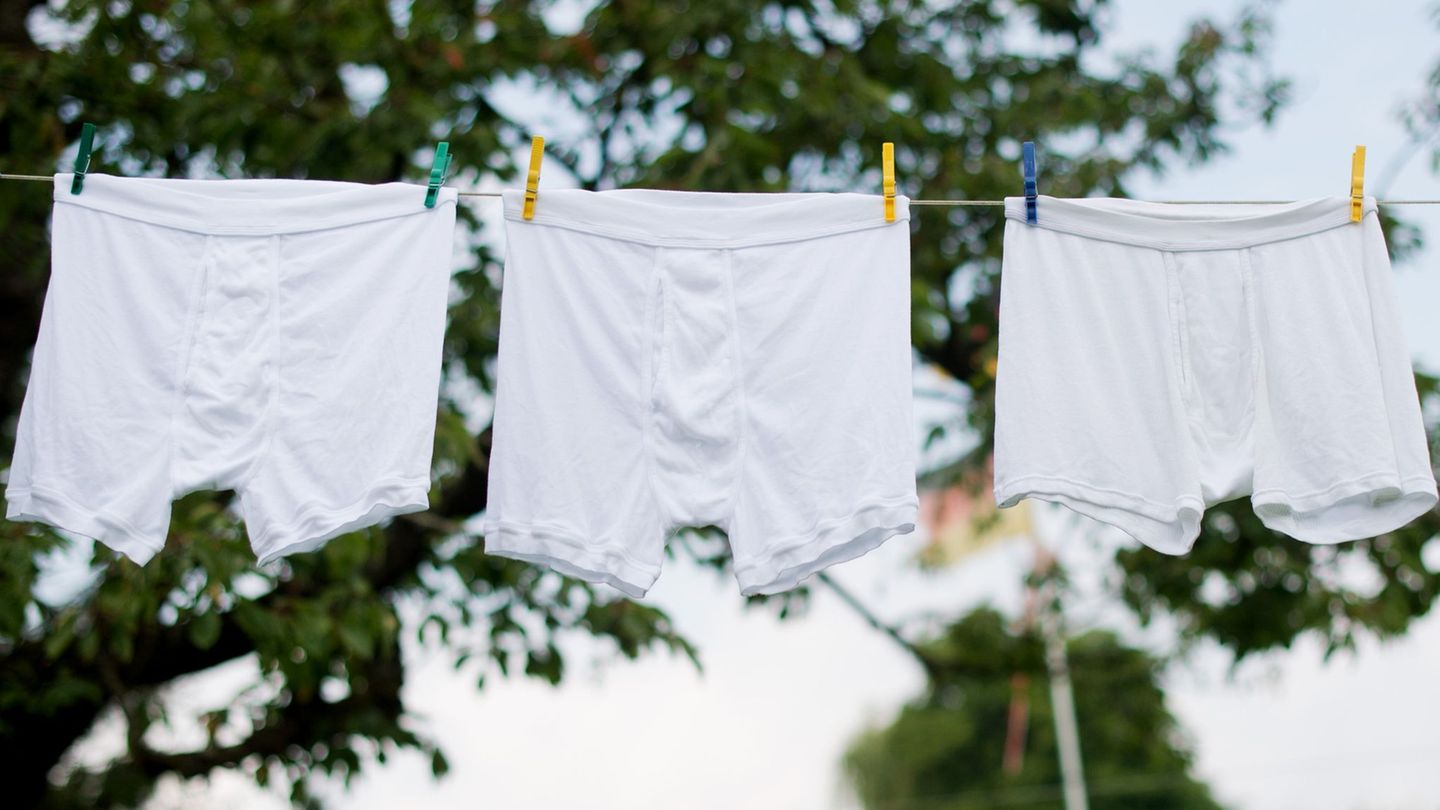In the parliamentary elections in Russia, President Vladimir Putin’s party, “United Russia”, is clearly ahead, according to the first partial results and projections. The election commission saw “United Russia” at 38.57 percent on Sunday evening after counting nine percent of the vote. In the first projections, the party even comes to over 45 percent.
In 2016 she was able to unite around 54 percent of the votes. In view of stagnating incomes, the pandemic policy and the crackdown on government critics, approval ratings have declined. According to initial results, the communists come in at 25.17 percent and the nationalist LDPR at 9.6 percent. Both opposition parties support Putin on key political issues. So far, the Just Russia party has also been represented in parliament with 450 members.
Voting has been possible since Friday, the last polling stations in the huge country with several time zones closed on Sunday at 8:00 p.m. CEST. The parliamentary election is the last vote before the 2024 presidential election. Putin, who will turn 69 next month, has not yet said whether he will run.
Opposition excluded
The opposition around the imprisoned Kremlin opponent Alexei Navalny was excluded from the vote, which was first scheduled for three days. The turnout was given a few hours before the polls closed at around 45 percent.
In recent months, the Russian authorities had taken massive action against the opposition, which is why the victory of United Russia was de facto certain even before the polls. The three-day election itself was overshadowed by massive allegations of manipulation. The Golos election observation organization said it had received nearly 4,000 reports of election fraud.
In the election, decisions were made on the seats in the Duma as well as on local and regional representative bodies. Around 108 million people were eligible to vote.
Mood test for Putin’s policy
The election was seen as an important test of sentiment for Kremlin chief Putin and his politics. According to surveys, many people in Russia are dissatisfied with the situation due to falling wages and massively rising prices. The Kremlin Party, United Russia, was held responsible in advance. Your polls were below 30 percent.
In addition to United Russia, 13 other parties competed, although they are criticized by the most important government critics as being opposition at the mercy of Putin. The Russian authorities acted relentlessly against the “smart voting” strategy developed by the prominent Kremlin critic Navalny and his supporters, that is, casting votes for the most promising opposition candidate.
Google and Apple removed the opposition’s “Smart Voting” app from their app stores on Friday. This meant that the application that created election recommendations for opposition alliances against the ruling party could no longer be easily installed on Android and Apple smartphones.
Apple and Google justified their actions with “unprecedented” pressure from Moscow. Informed circles from both companies said that the Russian government had threatened to arrest local employees.
Navalny called on supporters to vote
Via Telegram, users could initially continue to receive the recommendations of the “Smart Voting” app via a bot. Company founder Pawel Durow said on Saturday that the bot had been deactivated because otherwise the Telegram app and the “Smart Voting” app would have been deleted from the app stores.
Navalny called on his supporters to participate in the election. “Today your voice is really important,” he said. “Choose and convince others to do so.”
The state election commission contradicted the manipulation claims of the organization Golos, which had been classified as a “foreign agent” by the Russian authorities before the election. Your commission had received 137 reports of “coercion” when voting, said commission chief Ella Pamfilowa. In addition, ballot boxes were filled with forged ballot papers in eight cases.
Pamfilova also stated that “massive” cyberattacks had been carried out against the website of the election commission. Most of these came from the USA and Germany.




